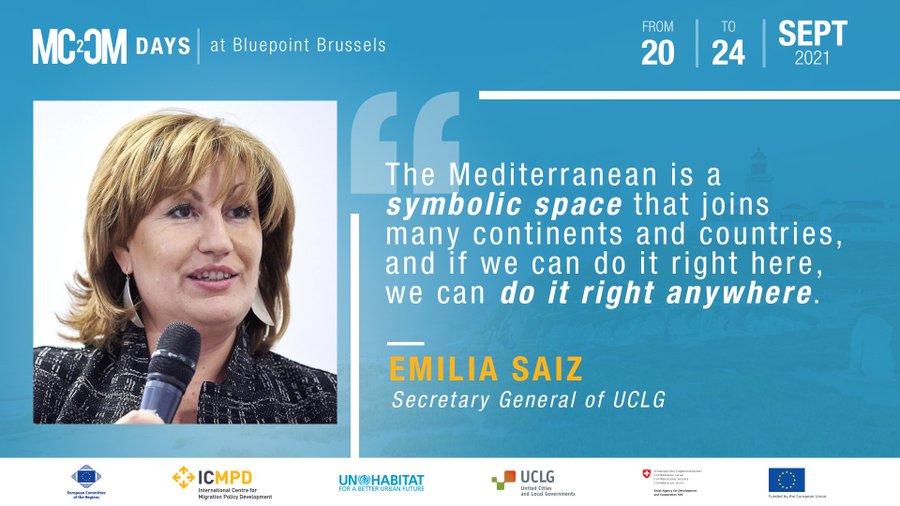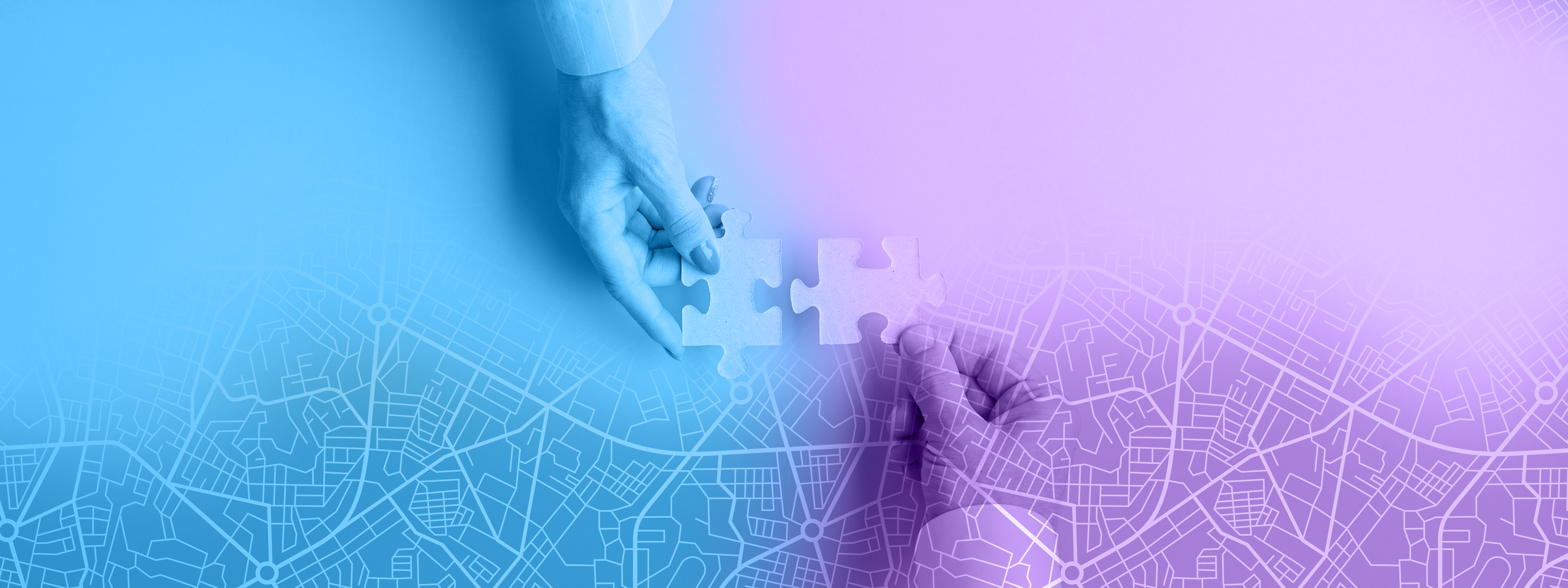Cities on the frontline of migration - as agents of change
"Migration is too complex to be addressed by one nation, one government or one city alone,” said Michael Spindelegger, Director General of the International Centre for Migration Policy Development (ICMPD) at the high-level panel on renewed partnerships and migration governance in the Mediterranean. The opening discussion was an introduction to the MC2CM Days, a week full of important exchanges around challenges related to migration governance at the local level.
The Mediterranean city-to-city Migration (MC2CM) is an EU funded project that brings together cities and experts on migration issues, human rights, and sustainable urban development in order to improve migration governance at the city level in Europe and in the Southern Mediterranean.
The MC2CM days showcased the important contribution of local governments to migration governance with case studies and debates. Each day was dedicated to a particular topic addressing a specific migration issue, from the question of inclusive citizenship, the integration of migrants in the labour market, migration narratives, gender perspectives of migration and sustainable inclusion.

Local and regional governments have the experiences, the knowledge, the solutions, and they usually implement more than 70% of all European directives on the ground. This is why they must be part of the policymaking on migration.
Carola Gunnarsson, Mayor of Sala, CEMR Spokesperson and UCLG European Vice-President recalled the important role of LRGs and their national associations: “For a successful future, we need to be invited at the table at the national and international level, not only as implementing partner but as a part of the decision-making.”
Inclusive citizenship is essential for social cohesion and building inclusive societies for all. The successful integration of migrants and refugees in labour markets is a great opportunity for societies in the Euro-Mediterranean region that’s why it’s important that cities understand the potential of migration, promote migrants’ active participation and their positive contributions to the economic development and the prosperity of urban areas, underlined Rossella Nicoletti, from Eurocities. The key is, of course, good collaboration with the private sector.
Despite the multiple challenges, an inclusive working environment should promote diversity, the talents and skills of migrants as an added value. This is precisely what is happening in the city of Milan, where CELAV, the Centre of Labour Inclusion, is implementing active labour programmes for vulnerable populations.
Moreover, local governments should enhance the protection and the inclusion of migrant women who ‘’are facing double discrimination as migrants and as women’’ affirmed the Rapporteur on the New Pact on Migration and Asylum at the Committee of Regions, Antje Grotheer. Cities should create gender-responsive programmes and put in place policies protecting migrant women and their rights. Gender-sensitive design of public spaces, psychosocial assistance, legal support, protection from violence, access to reproductive healthcare or job opportunities are only few examples of gender-based measures to address migrant women's specific needs.
Migration is a complex global issue, but has too often been simplified and misused as a tool to generate disinformation and spread fake news, escalating fear and amplifying populist voices. For this reason, promoting balanced migration narratives is very important. Cities are in a unique position to foster social cohesion and encourage data-driven migration narratives.

Souhaieb Khayati from the Reporters without borders reminded that we can’t change the migration narratives without more human media coverage. He explained that news around migration in the Maghreb area are mainly about citing numbers and focusing on incidents: "Journalists don't often go to the routes where migrants move. We need financial partners who would support quality reporting in order to change the narrative."
Cities should work on the exchange of best practices in improving access to verified information and in countering disinformation.
MC2CM Days were organised by the International Centre for Migration Policy Development (ICMPD), United Cities and Local Governments (UCLG) and UN-Habitat
Check the thread #MC2CMDays on Twitter and visit the project website .

